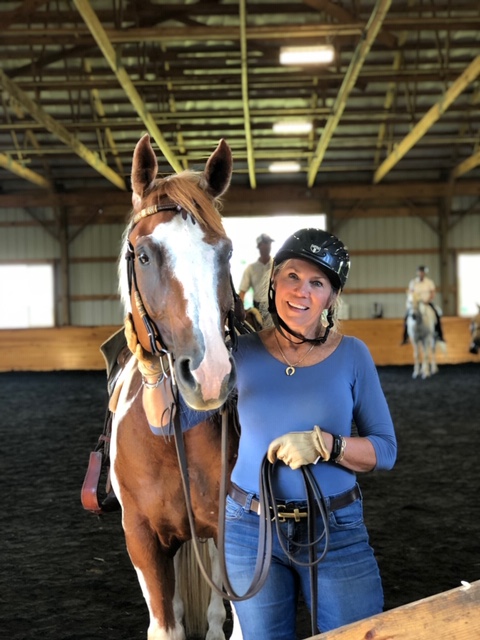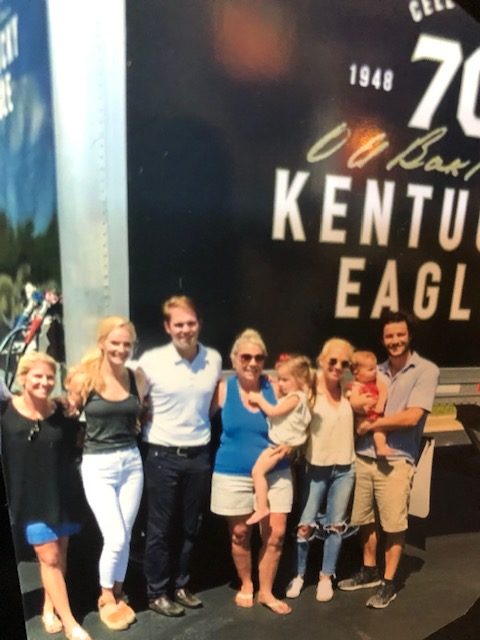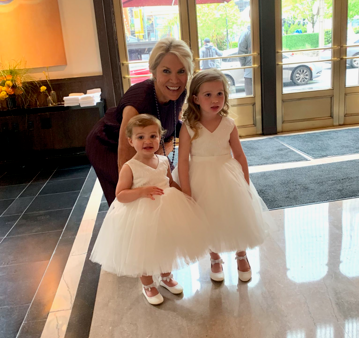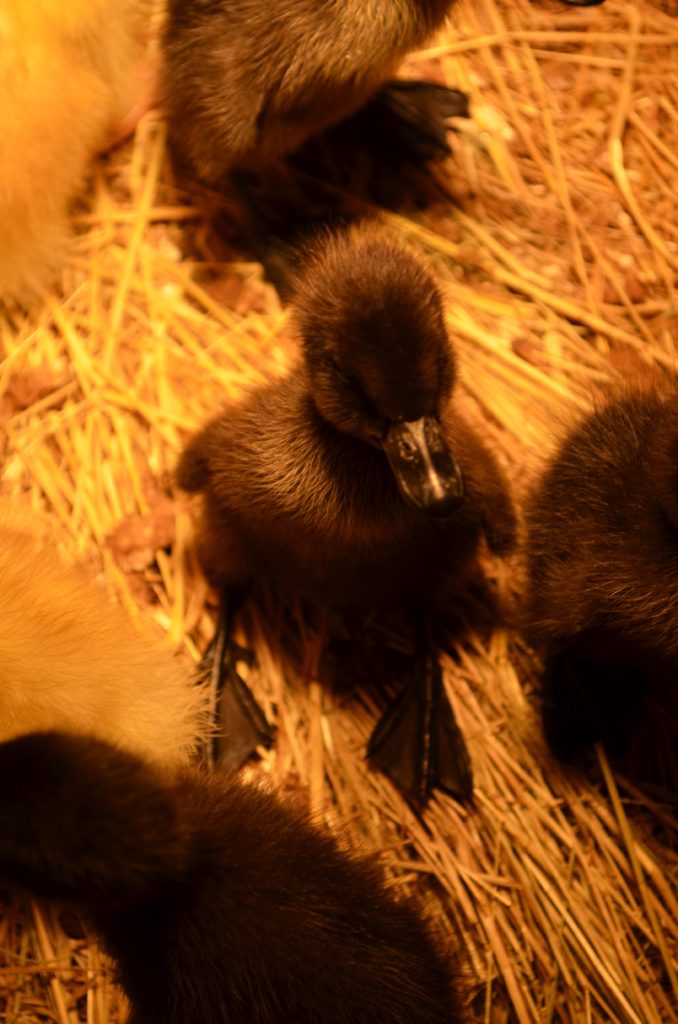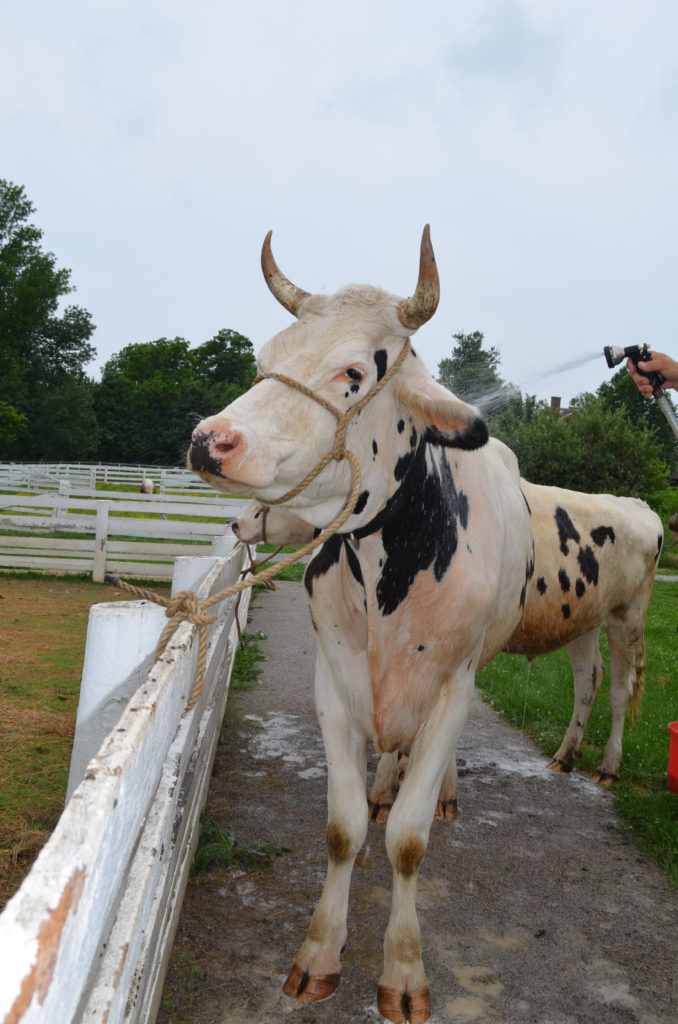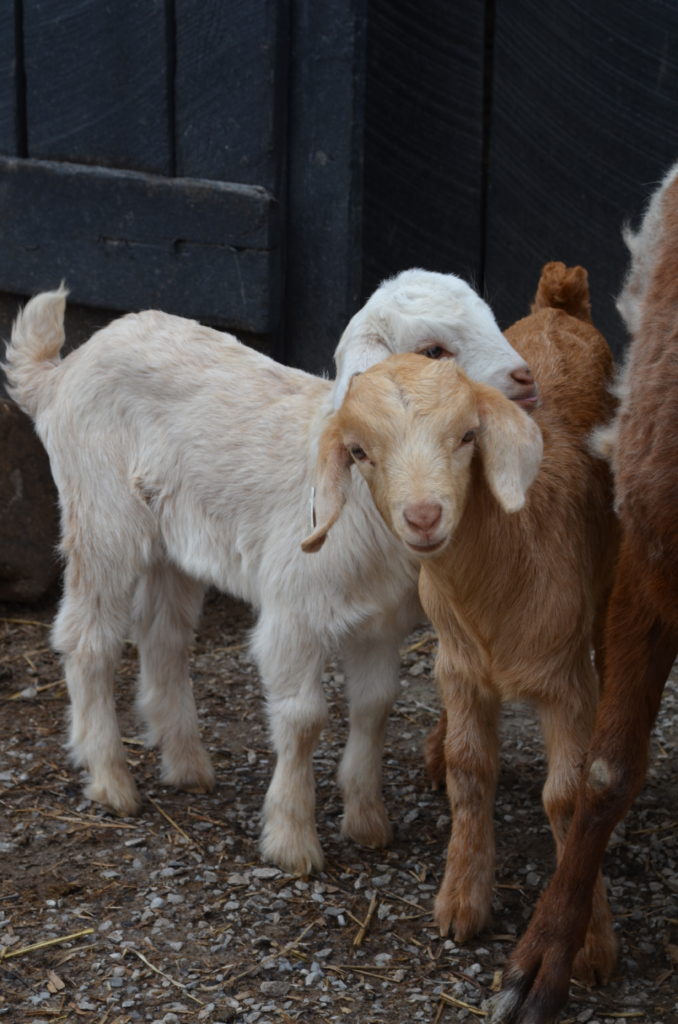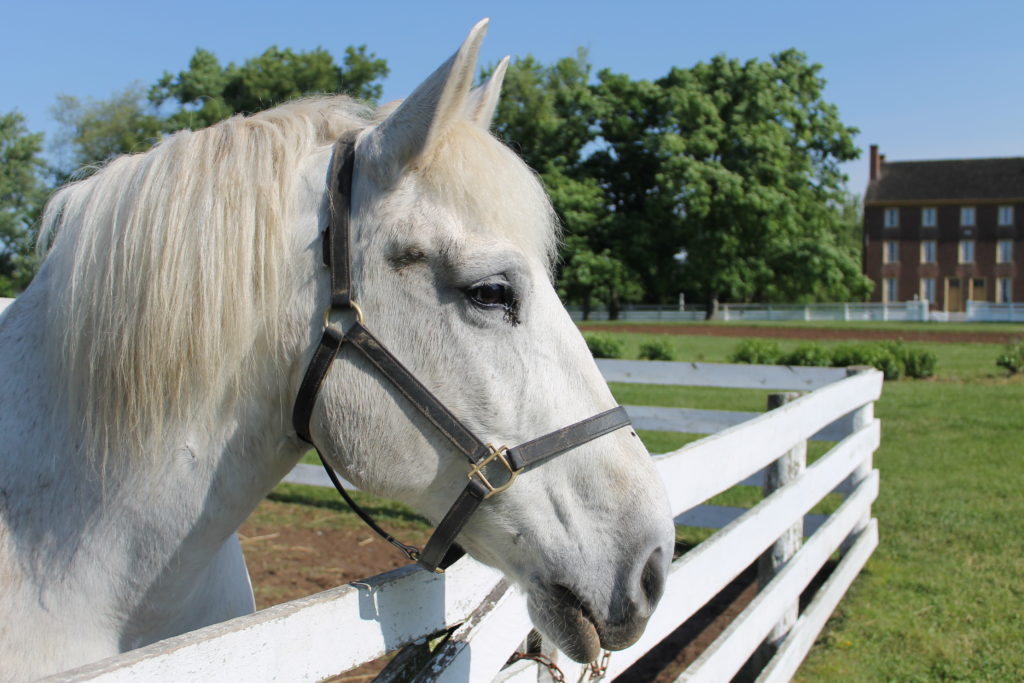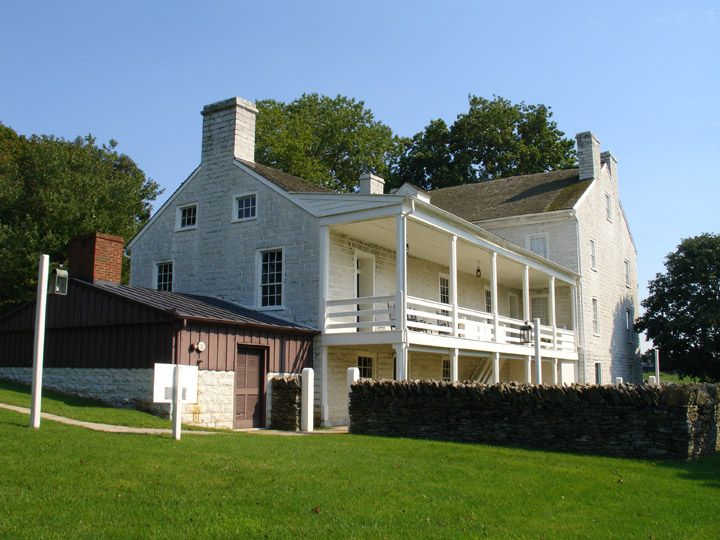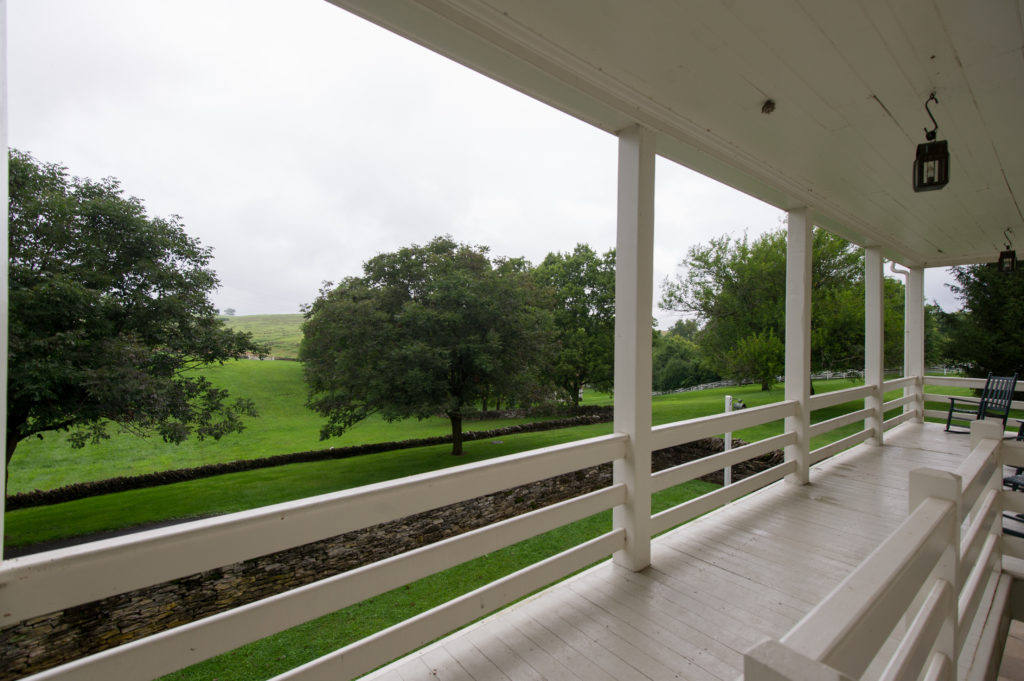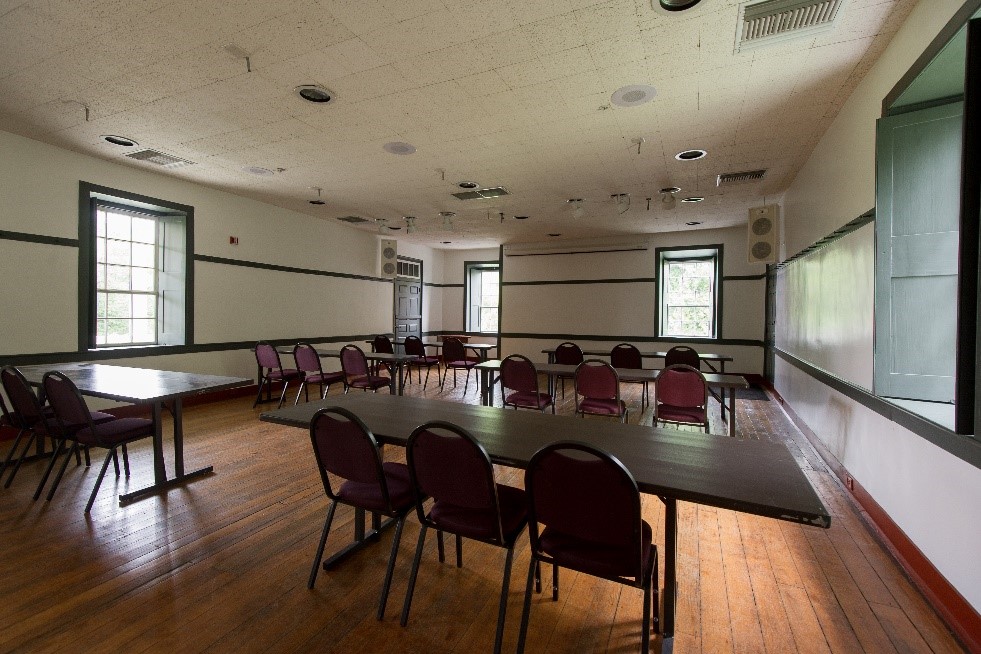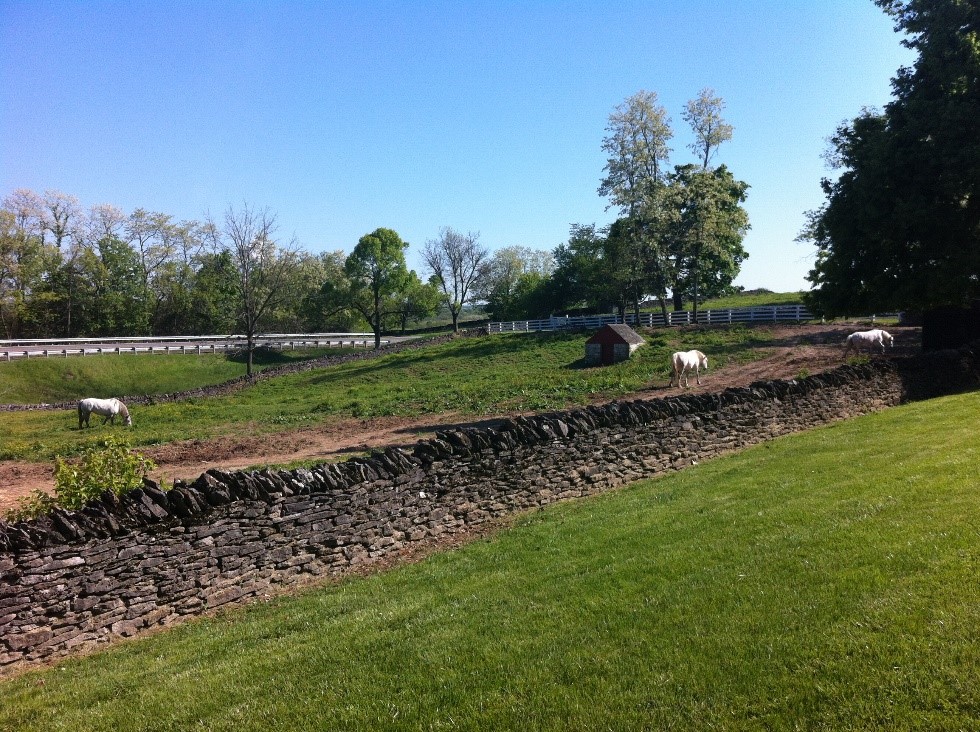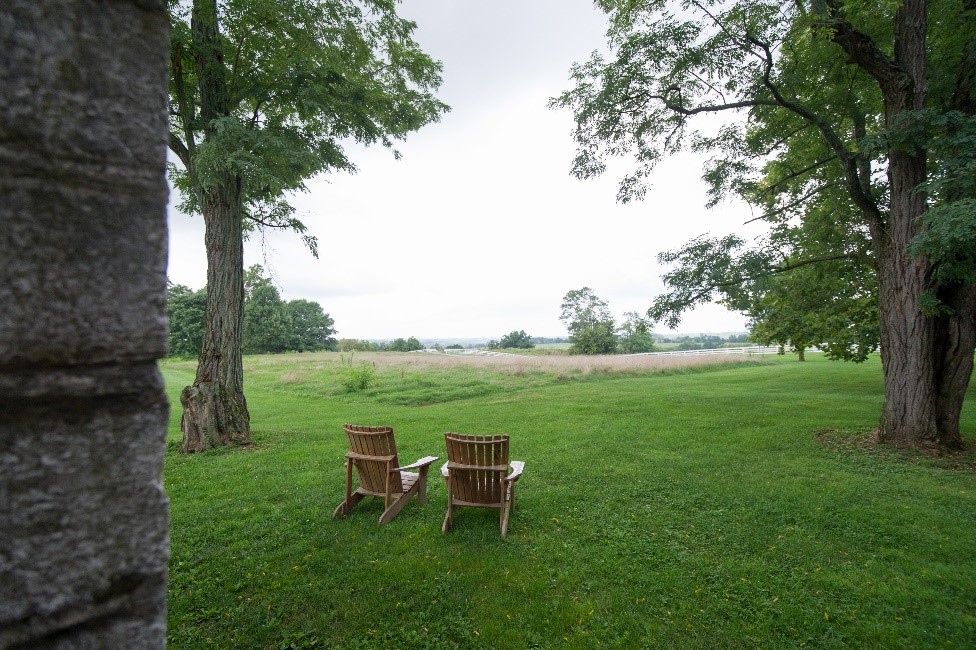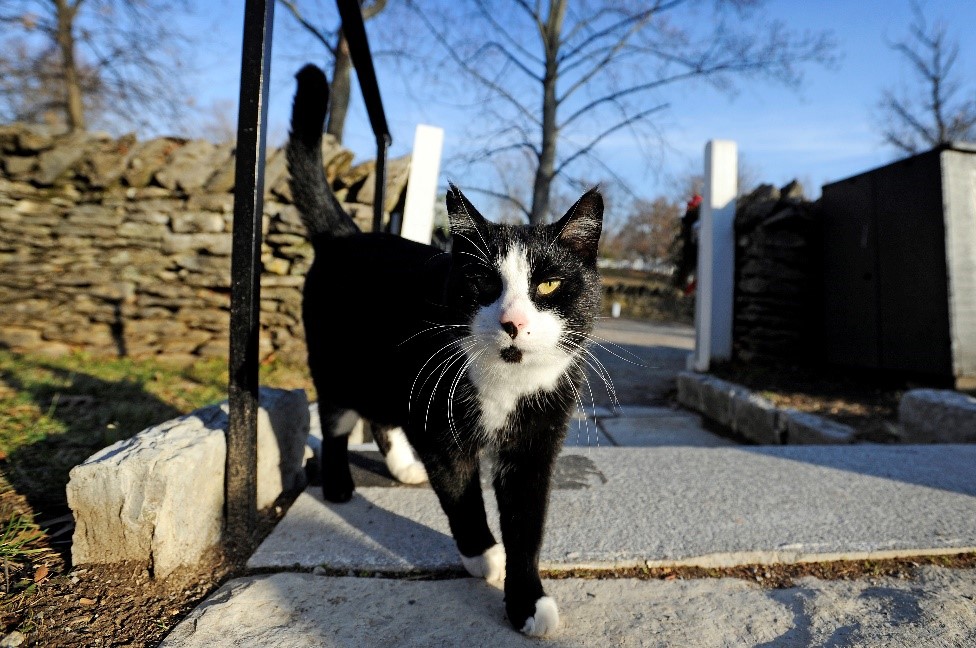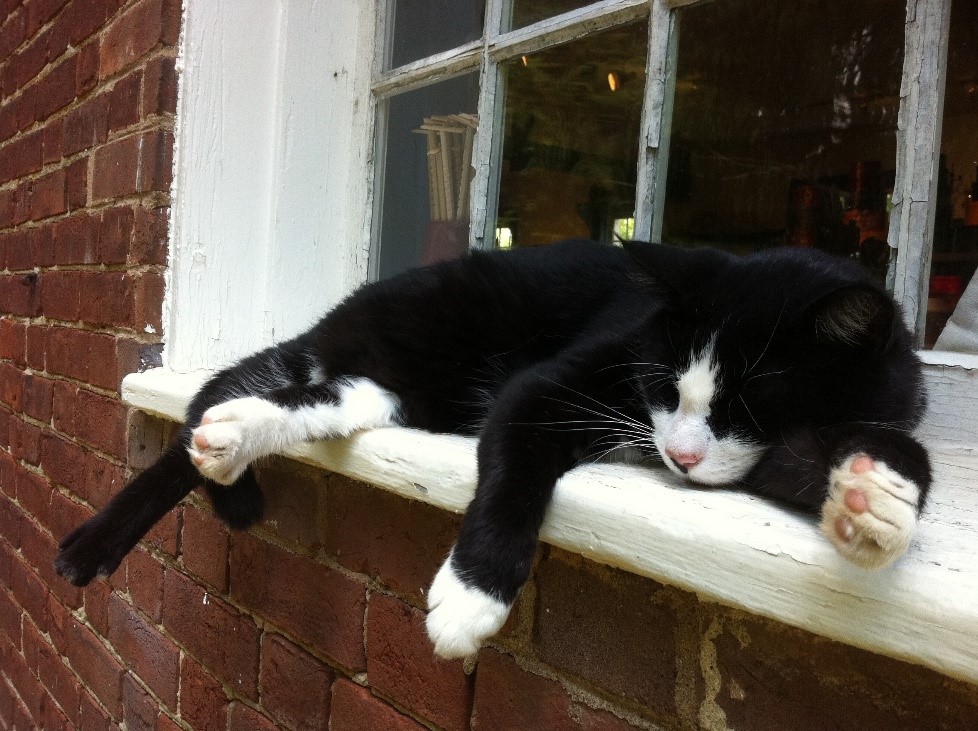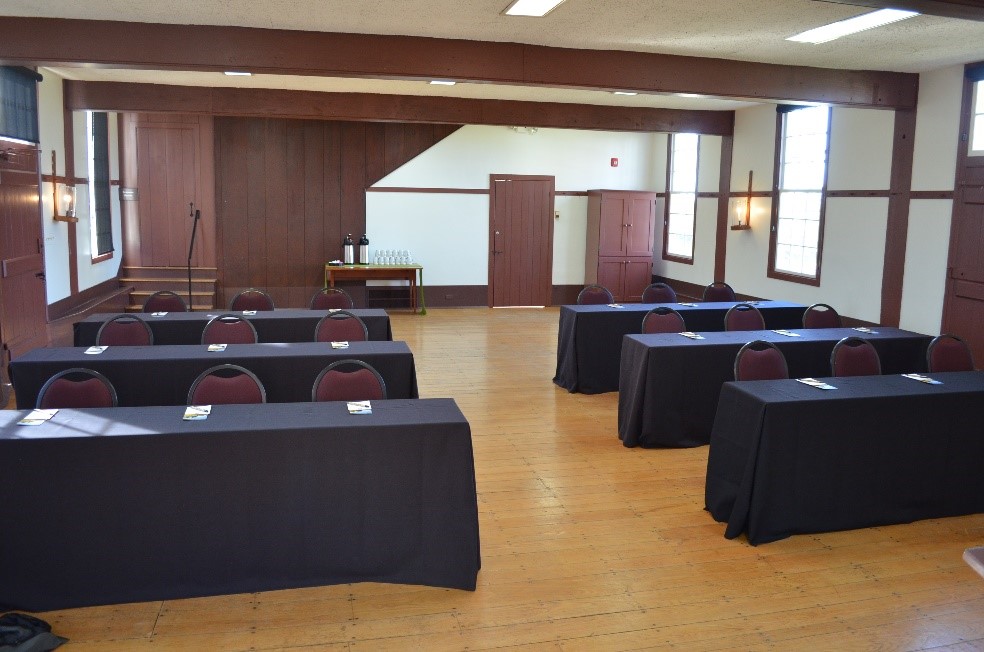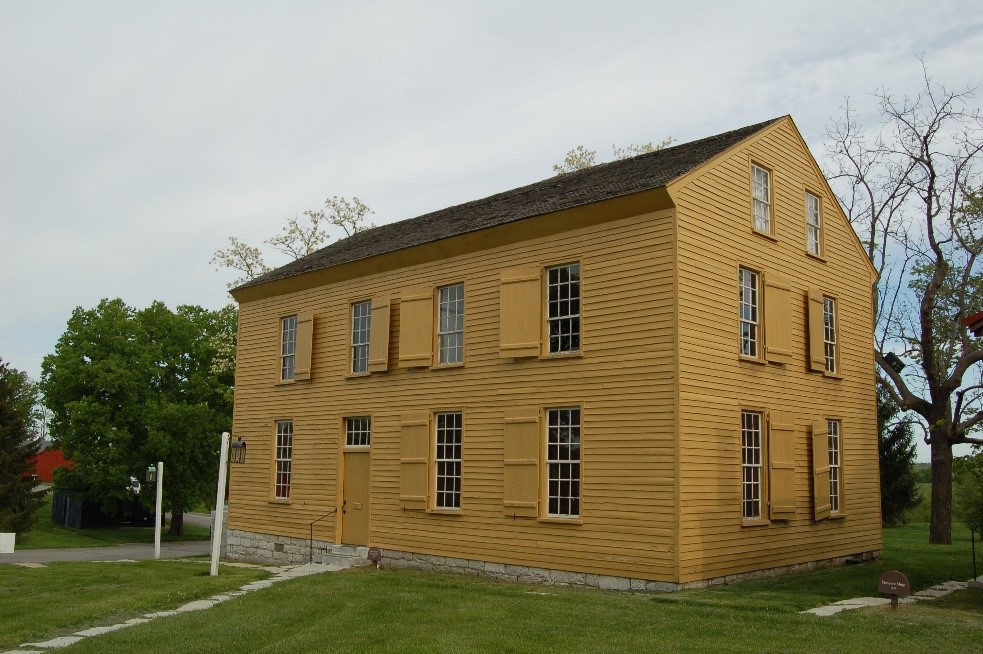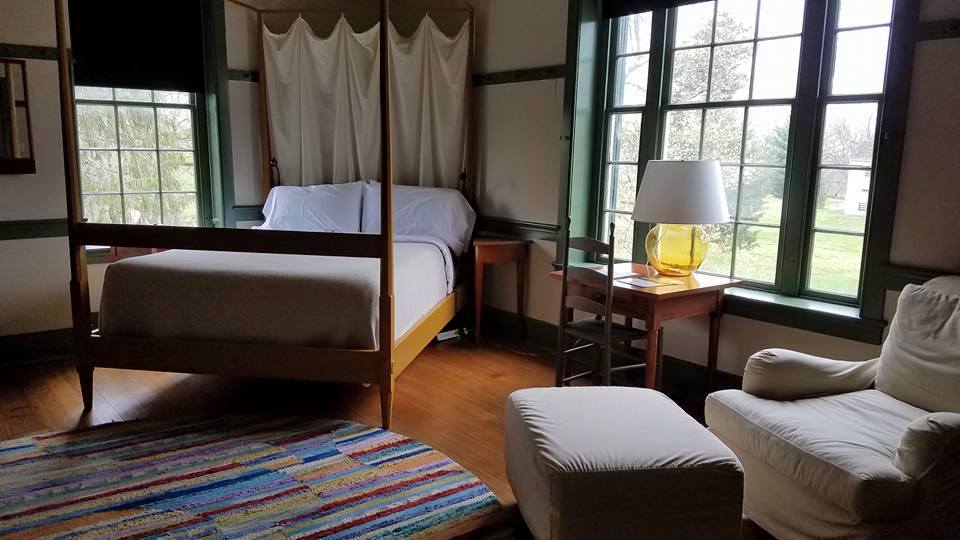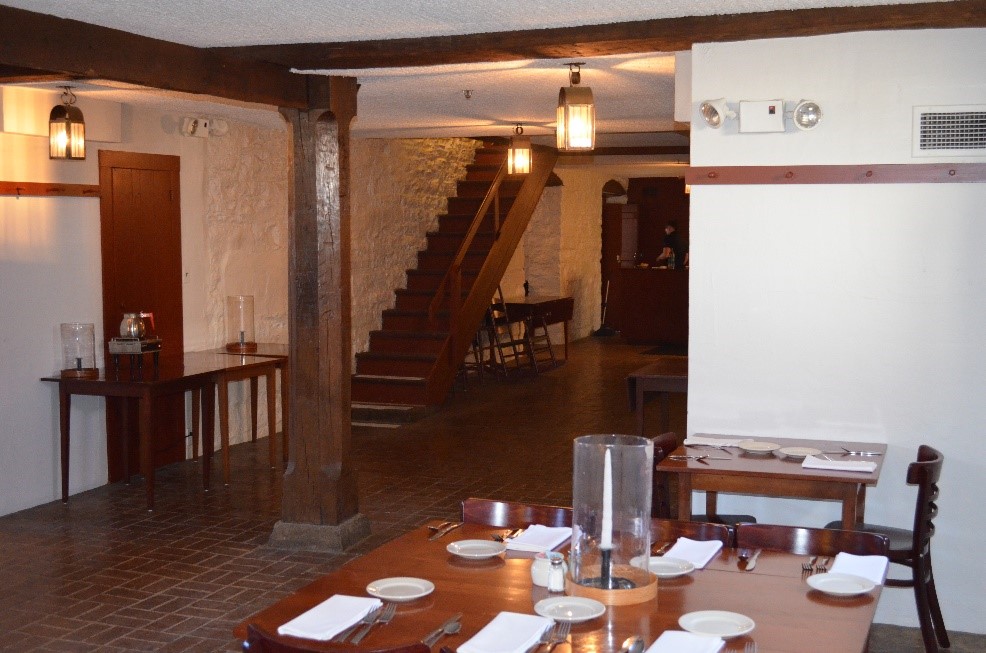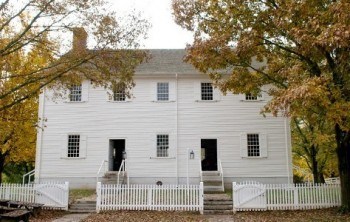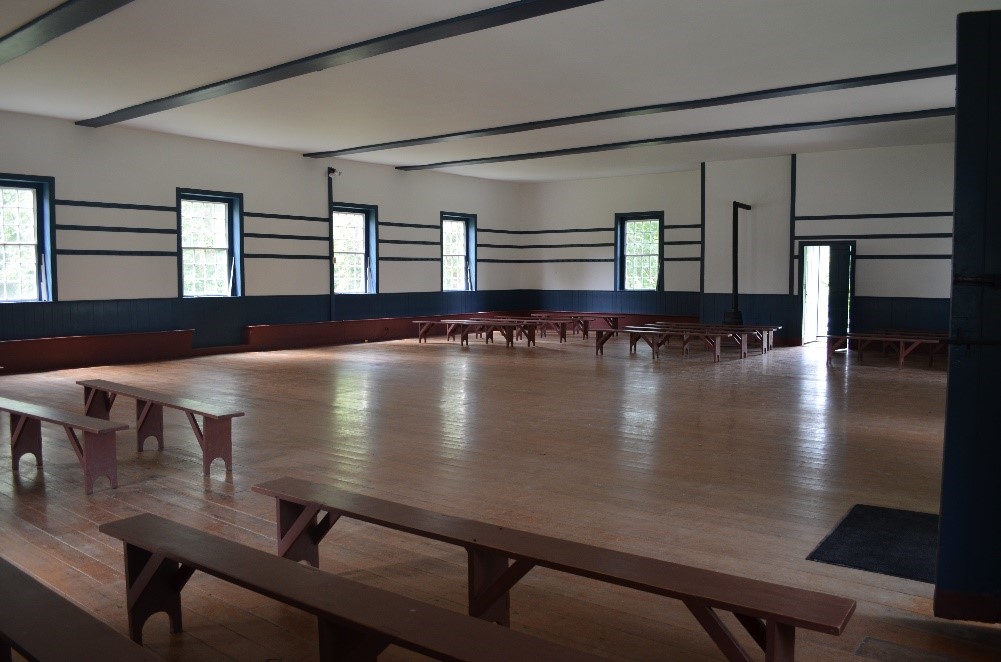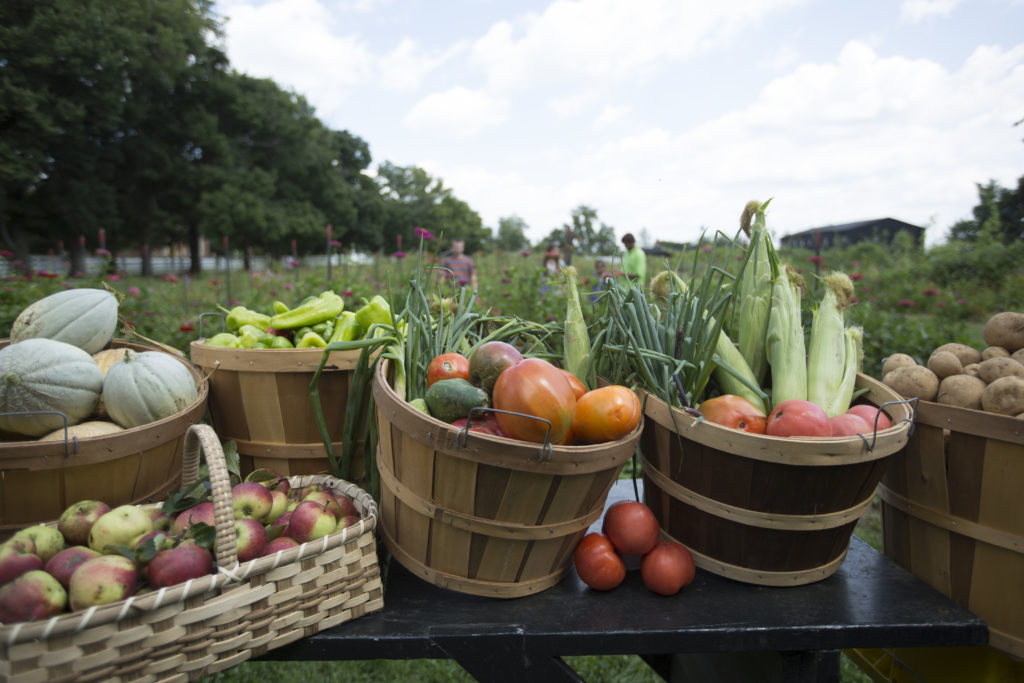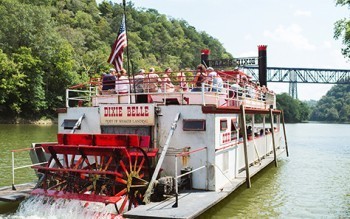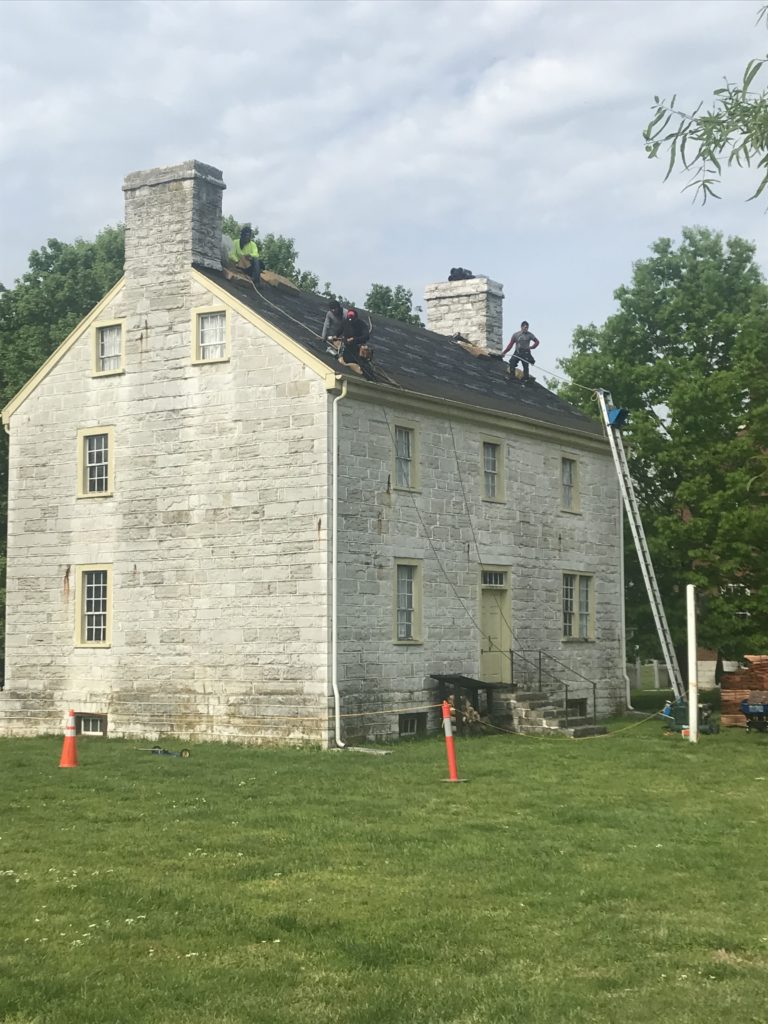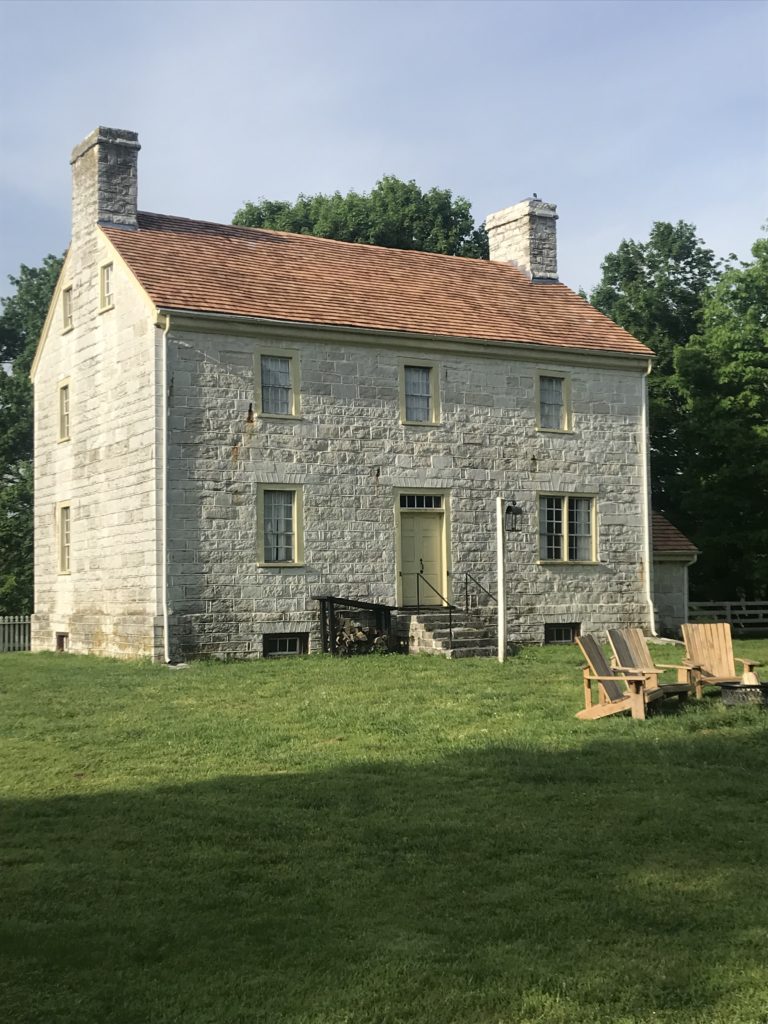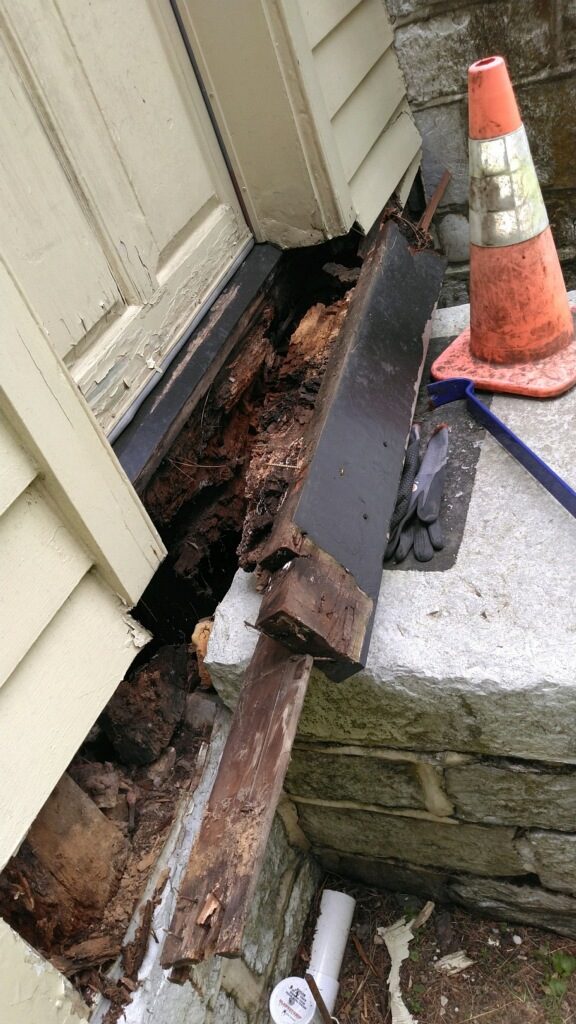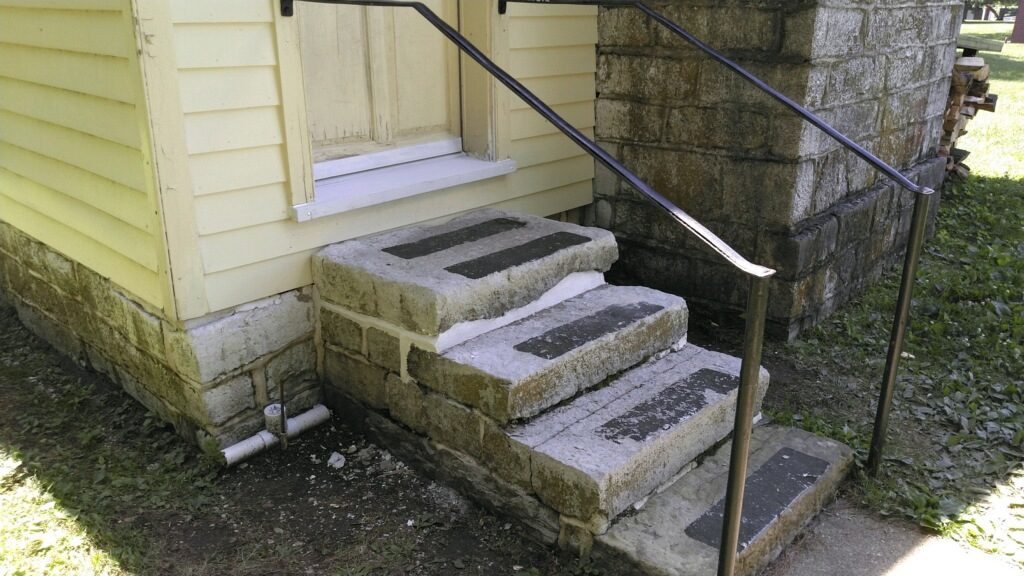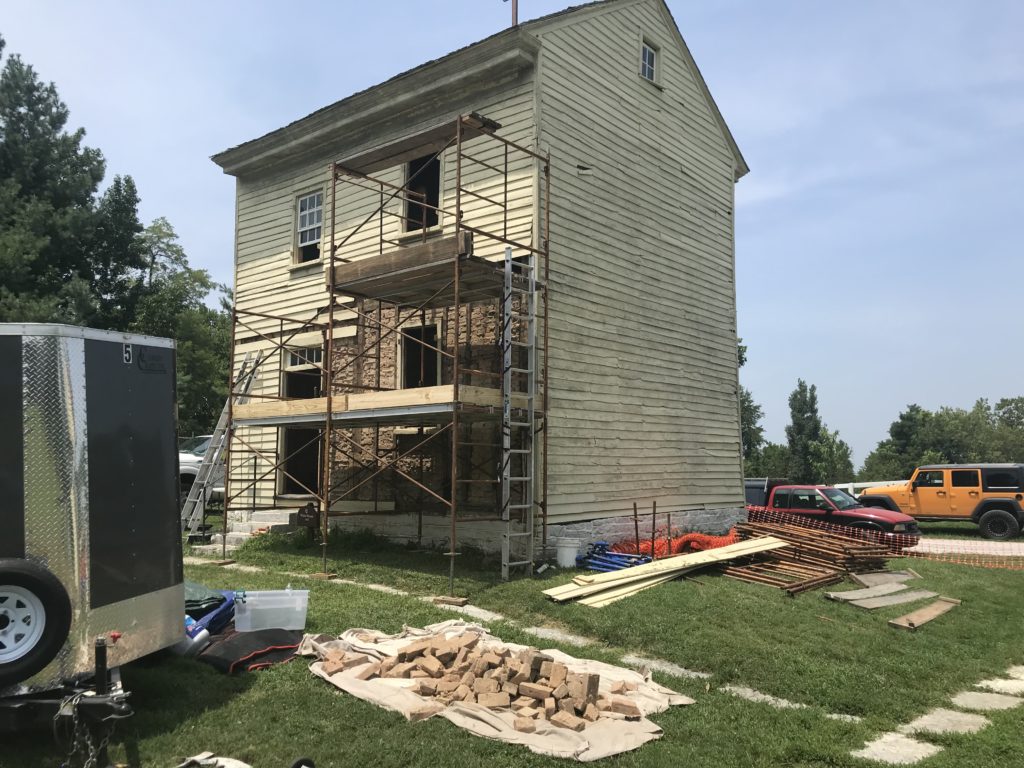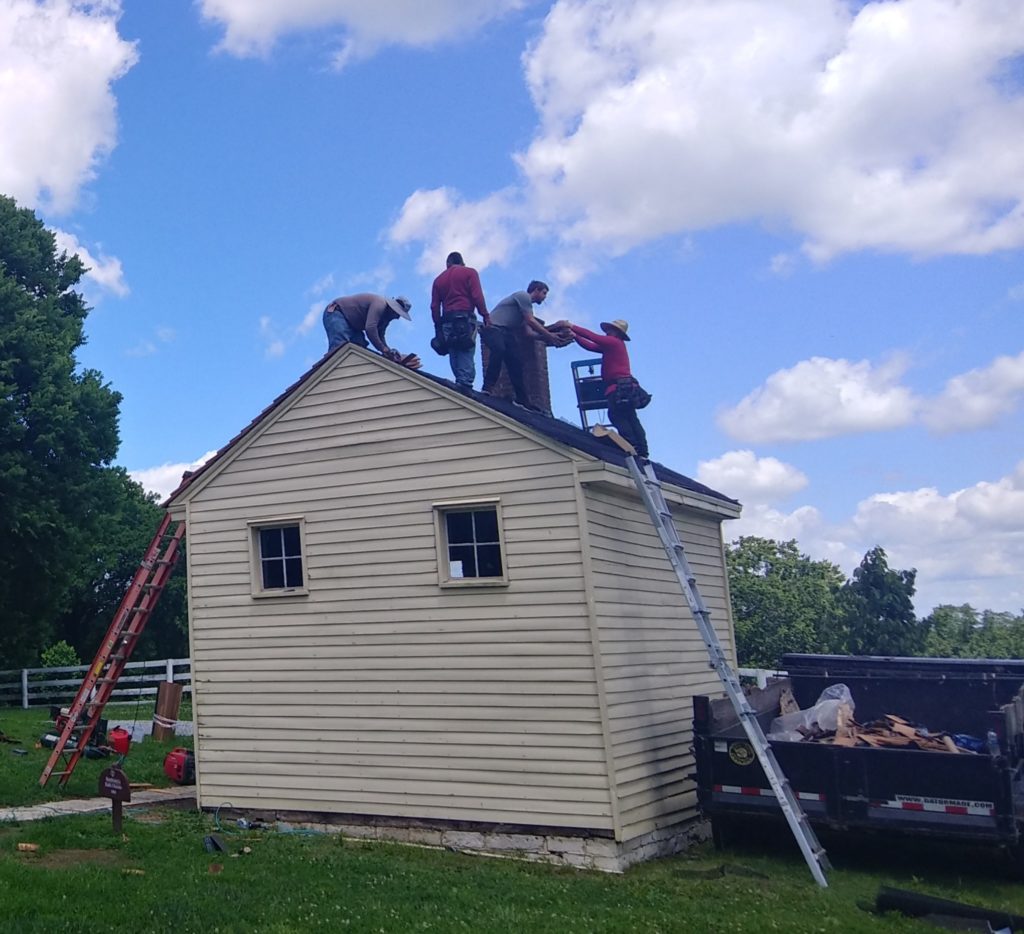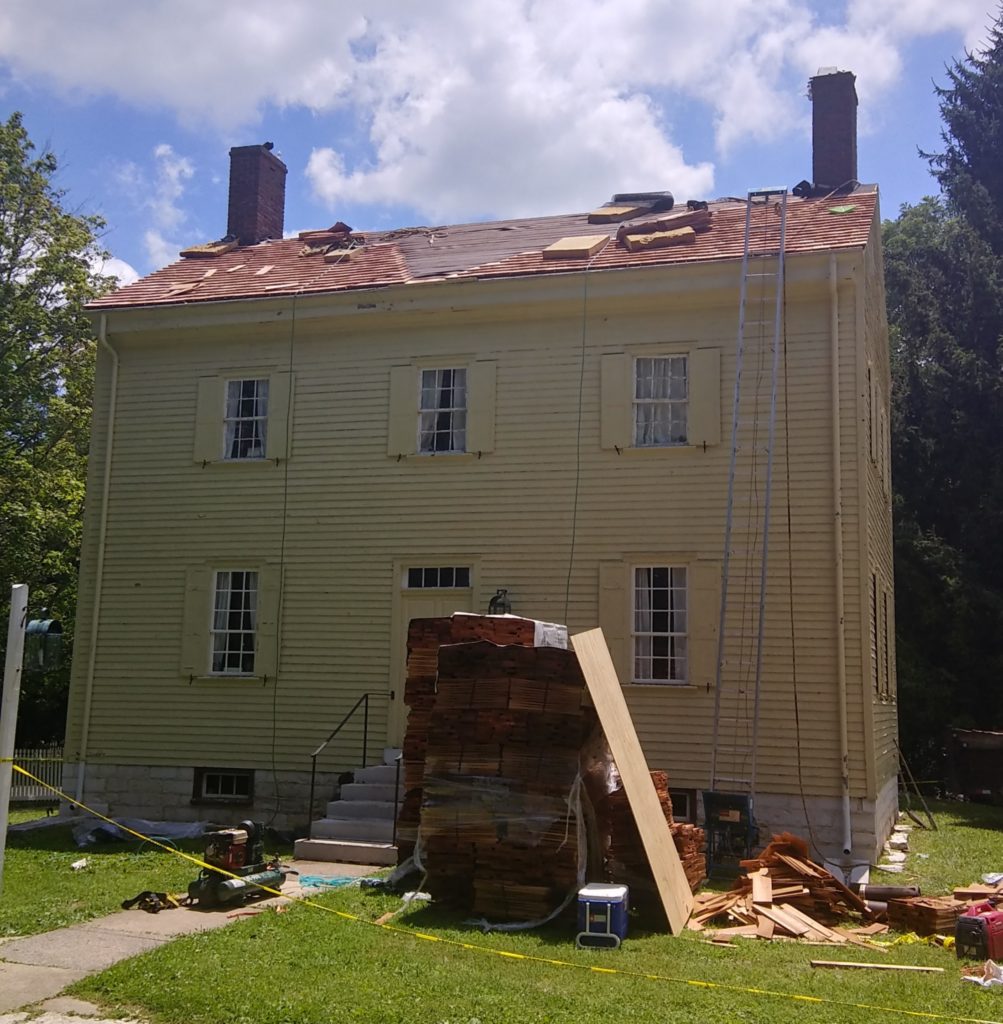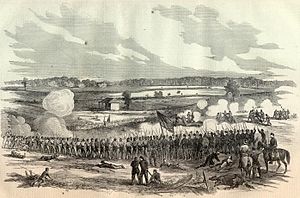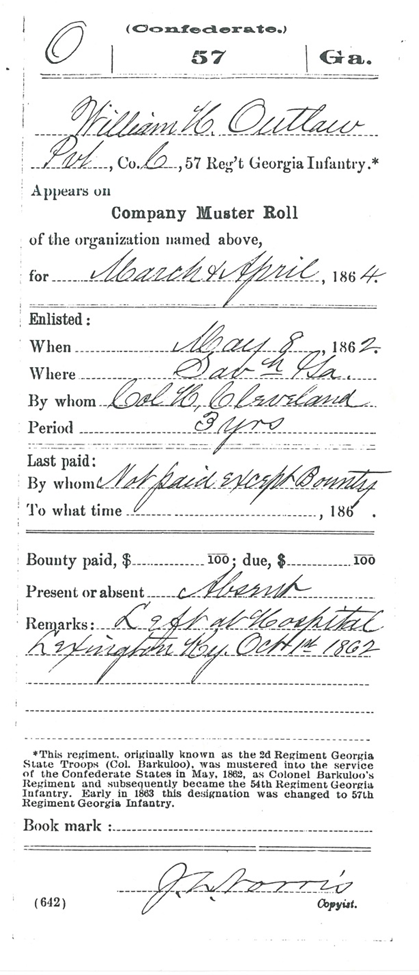Julia Raimondi, University of Richmond
Samuel Oscar Berry was one of many orphans that Shaker merchants brought back to Pleasant Hill from their trading journeys across the south and mid-west. He arrived on Halloween 1845 from Clay County, Missouri, with one of his brothers when he was nine years old. A third, younger, brother would also arrive a few years later.
Berry’s stay at Pleasant Hill was a troublesome one. Like most orphans brought into the community, he didn’t immediately conform to their practices and had a habit of lashing out and rebelling. His brothers were similar, and repeatedly they ran away. His first runaway attempt was in June 1852. He was recaptured and brought back, only to run away again at some point during the next few years (the Shakers recorded his first runaway attempt and did not record it when he ran away again).
Not much is known about what happened in the years between that and the Civil War. At some point, Berry lost one of his arms in a farm machinery accident. Reports conflict slightly as to the location of the incident – one says Perryville and the other states Lexington. From then on, he was known as Sam ‘One-Armed’ Berry.
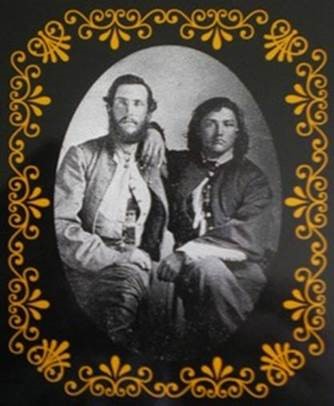
Jerome ‘Sue Mundy’ Clarke *
Despite missing an arm, Berry was able to successfully enlist in the Confederate army as a member of General Morgan’s 6th Cavalry. The rumored reason for his enlistment is that he witnessed a Union soldier bayonet his sister to death, but there are no official records of him having a sister.
Throughout the war, Morgan’s men were known for their rough and thuggish ways across Kentucky, and it was not unheard of for these men to devolve into bands of roaming guerrillas that terrorized the countryside.
Sam Berry, his friend and fellow outlaw Jerome ‘Sue Mundy’ Clarke, and several other criminals formed one such guerrilla group. This guerrilla group, ironically, was who held up the Shaker stagecoach outside Pleasant Hill.
In a journal entry from the day of the incident, a Shaker scribe reported that Berry and his gang members robbed the Shakers of roughly $150. They also stopped and robbed other travelers passing by, including a Union soldier, before letting the stagecoach go and continuing on to Harrodsburg, where they had a failed attempt in robbing the bank.
Berry and his gang continued to terrorize and pillage the Kentucky countryside for another year, including massacring a unit of African American Union soldiers. Eventually, they were all caught and court-martialed for their crimes. All of them were sentenced to death, but Berry was able to use his injury to get his sentence commuted to 10 years hard labor at a military prison in Albany, NY.
Despite multiple attempts to have the President pardon him, he died of tuberculosis three years later while still in prison. He is now one of three Confederate soldiers buried at Rural Albany Cemetery in upstate New York.
Julia Raimondi is a student at University of Richmond completing a research project on the Shaker community at Pleasant Hill. For questions or comments please contact at [email protected].
* Photo courtesy of FindAGrave.com.
